In our country, favorable climatic condition for mulberry cultivation prevails in five states viz., Karnataka, Andhra Pradesh, Tamilnadu, West Bengal and Jammu Kashmir. These states occupy 97% of total mulberry cultivation and contribute 95% of raw silk production in India.
Tamilnadu is ranked fourth place among the silk producing state of our country. In 1956, Sericulture was practiced in limited pockets of Coimbatore and Dharmapuri district in our state, accounted 500 hectares only. Then with the implementation of many developmental schemes in the state sericulture activity was introduced into the plains of the state. From 1979, Department of Sericulture with headquarters at Salem is functioning as development wing under Department of Industries and Commerce.
The latest cost saving technologies (separate rearing room for silkworm, use mulberry branches as feed to worm, 100% use of disinfectants and supply of chawki worms etc.,) was introduced by Research Institutions helped the farmers to increase the productivity and income level. Details below noted the performance of sericulture in Tamilnadu as At present, 30,000 farmers are practising sericulture activities in Tamil Nadu, cultivating 41,624 acres of mulberry in 31 districts and provides employment oppurtunity to more than 1.5 lakhs people. During the year 2012-2013, 1184.62 MT of raw silk, have been produced in the state, of which 609.12 MT are cross breed silk and 575.50 MT are bivoltine silk. Tamil Nadu continues to occupy the fore-front position in the country in Bivoltine silk production. Tamil Nadu stands first in cocoon productivity with an average of 69.69 Kg per 100 dfls, whereas the National average is 58.20 Kg. Further, Tamil Nadu stands first in the productoin of chawki worms with 27 % of layings are distributed as chawki worms to the farmers, which is the highest at National level.
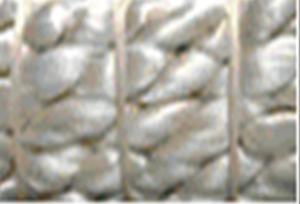 |
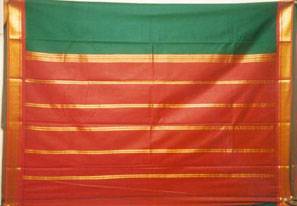 |
|
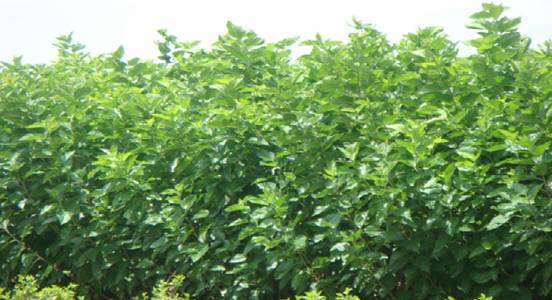
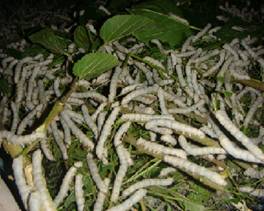
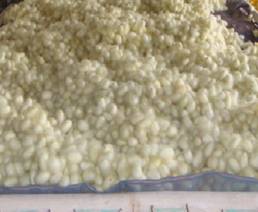
|